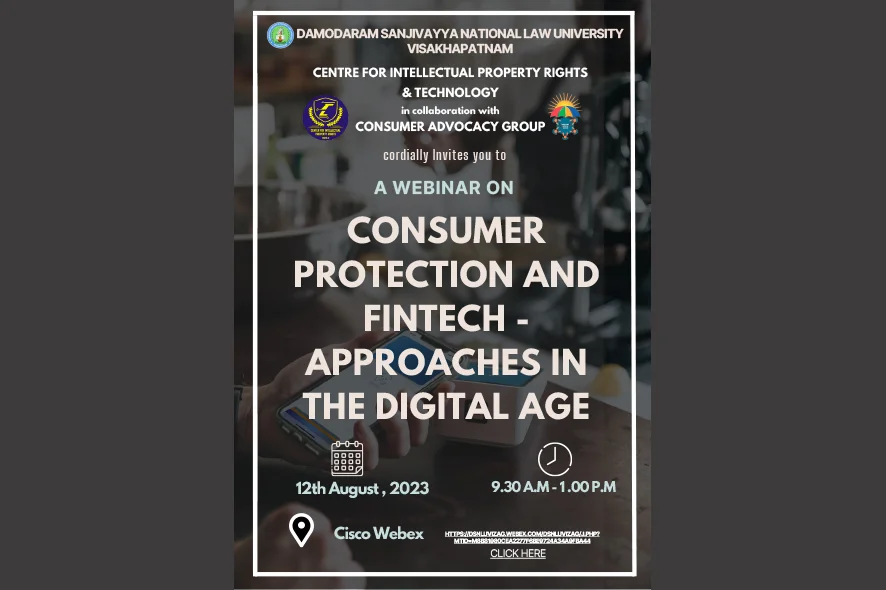The use of technology in financial products and services (fintech) is resulting in a wide array of new approaches to financial products and services. The internet, mobile devices, big data, computer algorithms, and other technologies are impacting the way we borrow, make payments, and manage our money. These technologies are also changing the way that entities from credit reporting agencies to debt collectors affect and interact with us. Fintech products and services have the potential to provide important benefits to consumers. They promise to lower costs, promote financial inclusion, help people avoid fees and comparison shop, improve personal financial management, and build assets and wealth. The fintech label also does not necessarily mean that much is different. Products and services are constantly evolving, but sometimes the more things change the more they stay the same. Old problems can arise in a new package, and promised benefits of fintech products may not actually materialize. The allure of shiny fintech products must not lead us into waiving consumer protection rules or oversight of untested products. Just because a product uses new technology does not mean that older protections do not or should not apply or that regulators do not know how to approach a product. It is crucial to look at fintech products carefully and critically, to understand the risks, and not to accept unproven hype about benefits to consumers. The array of approaches that fall under the fintech rubric is vast.
About the Seminar
In order to both better realise the benefits of digital financial services, and to mitigate the risks, policy makers and relevant private and civil stakeholders, should take concrete actions which include establishing and complying with appropriate and flexible financial consumer and data protection frameworks, complemented by efforts to strengthen the digital and financial literacy of consumers.
Objectives of the seminar/webinar:
This seminar/webinar provides a snapshot of some of the developments, potential promise, and potential concerns in several areas like:
Disparate impacts and the perils of big data, privacy, and security – Fintechs rely heavily on consumer data. How that data is used, whether it results in unequal treatment of different groups, to whom the data is disclosed and sold, and whether sensitive information is held in a secure fashion are challenges for any company, and especially for start-ups that do not have robust compliance regimes or deep experience. Privacy policies are so opaque as to be useless and consumers cannot know if a company has strong data security. Many fintech products rely on access to consumers’ bank accounts or other transaction accounts, increasing these concerns.
Avoidance of consumer protection laws – Some fintech products are designed to avoid consumer protection laws while others claim that existing rules do not apply to them. Nonbank lenders often partner with banks to avoid state interest rate limits. Products that claim not to be a loan may be designed to avoid credit laws. Some regulators are rushing to exempt new products from consumer protection laws through regulatory “sandboxes.”
Fast and easy can cause problems. – Fast and easy credit can be fast and easy debt. Faster account applications or faster payments can mean faster fraud or identity theft. Slick mobile apps can gloss over how a product actually works.
No humans, no records, and lack of customer service when things go wrong – Fintech products invariably rely on mobile and internet interfaces and electronic communications. But if something goes wrong or you need a person to explain something, customer service may be difficult or impossible to reach. Interactions that take place entirely on a mobile device have no paper record of the agreement or paper statements to call attention to fees and charges. This may leave consumers with little information on what they have agreed to or what they end up paying.
Forced arbitration weakens accountability for wrongdoers – Forced arbitration clauses, buried in the fine print of contracts, take away consumers’ day in court and their ability to band together with other injured consumers when companies violate the law.
Highlighting these problems and others is not intended to take away from the real promise of many fintech products. But it is essential that policymakers, regulators, and consumers keep their eyes wide open and expend the effort to dig deep to understand fintech products and services. A desire to promote innovation must not blind us to the potential risks and the need for consumer protection rules and oversight that are especially needed for untested new products and services.
Themes:
- Financial Consumer Protection and Data Privacy in the Digital Age — The Way Forward
- Financial Consumer Protection (FCP) Concerns in the New Digital Finance Services (DFS) Environment
- Practices for Advertising and Marketing for Fintech
-
Consumer Protection and Digital Lending — Issues and Challenges
Key Takeaways of the Seminar/Webinar:
Digital technology has created unimaginable possibilities for financial products, services and transactions, along with inherent risks that could cost the customer. This webinar/seminar will provide a platform for eminent speakers to express their views on essential aspects of financial consumer frameworks and how consumer protection policies and market conduct supervision are implemented to ensure sound consumer protection practices are in place. This seminar/webinar catalyses improvements to our knowledge and competencies in the areas of consumer protection frameworks, policies and practices.
To know more click on Consumer Protection and Fintech – Approaches in Digital Age







